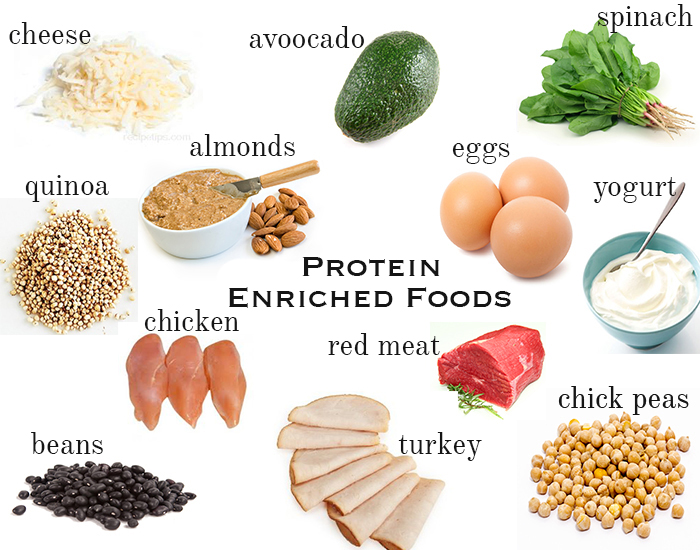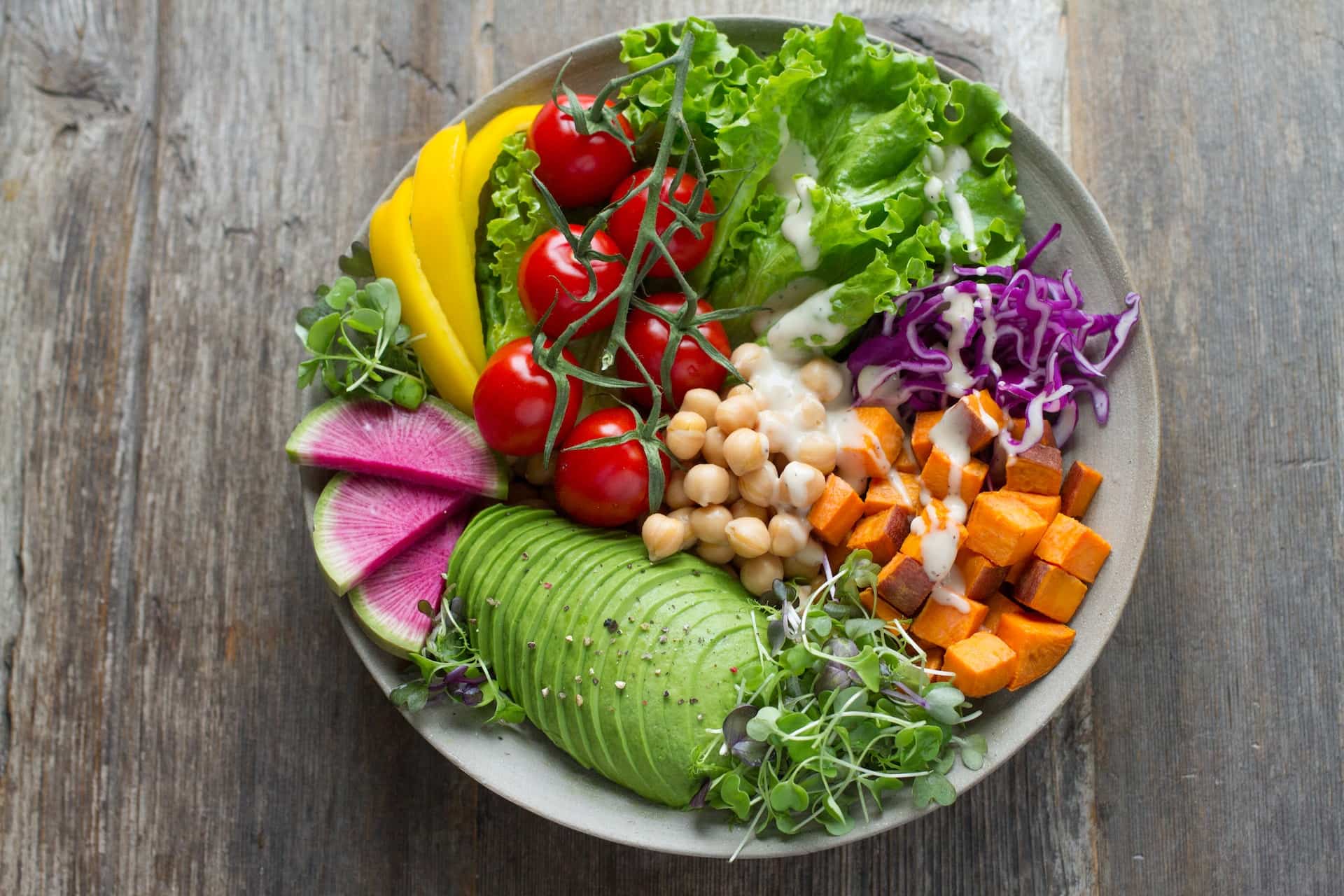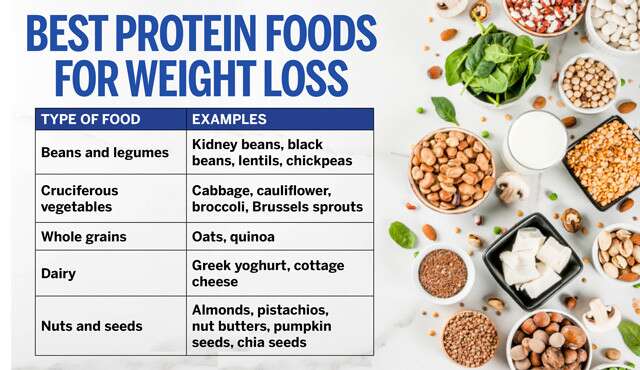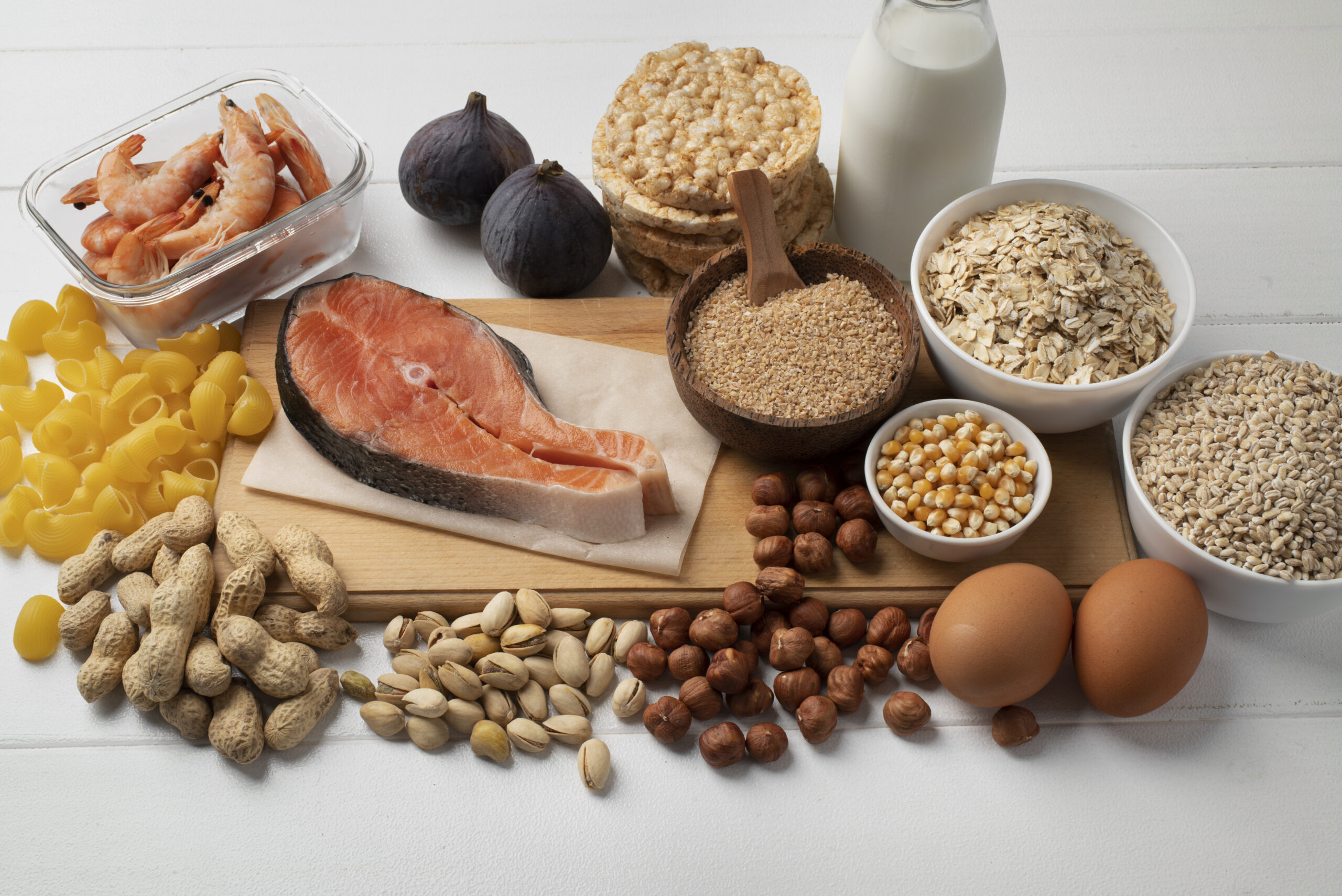Protein and Fat Loss: The Unbreakable Link
In the pursuit of a healthier lifestyle and effective weight management, understanding the intricate relationship between protein intake and fat loss becomes paramount. Let’s delve into the science behind why prioritizing protein in your diet can be a game-changer.
I. Introduction

A. The Fundamental Link Between Protein Intake and Fat Loss
The connection between protein consumption and shedding unwanted fat is more than just a dietary strategy—it’s a fundamental aspect of effective weight management. By exploring this link, we can unlock insights that empower individuals on their fitness journeys.
B. Importance of Understanding this Connection
In a landscape filled with various diet trends, grasping the significance of protein in the context of fat loss is crucial. This article aims to demystify the science, providing clarity on why protein should be a focal point in your nutrition plan.
II. Protein’s Role in Metabolism
A. How Protein Boosts Metabolic Rate
One of the key advantages of sufficient protein intake lies in its ability to boost metabolic rate. Unlike fats and carbohydrates, the body expends more energy to digest and process protein, contributing to a higher calorie burn.
B. Thermic Effect of Food (TEF) Explained
The Thermic Effect of Food (TEF) is the energy expended during the digestion, absorption, and storage of nutrients. Protein has a higher TEF compared to fats and carbs, making it an efficient contributor to calorie expenditure.
III. Satiety and Appetite Control
A. Protein’s Impact on Satiety
Ever wondered why a protein-rich meal leaves you feeling more satisfied? Protein triggers the release of hormones that signal fullness to the brain, promoting a sense of satiety and reducing the likelihood of overeating.
B. Reduction in Cravings and Snacking
By curbing hunger and cravings, adequate protein intake can be a game-changer in controlling overall caloric intake. This, in turn, plays a crucial role in achieving and maintaining fat loss goals.
IV. Preserving Lean Muscle Mass
A. Preventing Muscle Loss During Weight Loss
One common concern during weight loss is the potential loss of lean muscle mass. Protein acts as a safeguard, helping preserve muscle tissue while the body sheds excess fat.
B. Enhancing Body Composition with Adequate Protein
The combination of fat loss and muscle preservation leads to improved body composition. Protein becomes a valuable ally in sculpting a leaner and more toned physique.
V. Effective Fat Burning Mechanism
A. Protein’s Contribution to Fat Oxidation
Protein plays a role in the body’s fat-burning mechanism by supporting the process of fat oxidation. This contributes to the utilization of stored fat for energy, aiding in overall fat loss.
B. Maximizing Fat Loss Potential
Understanding how protein optimizes fat-burning processes empowers individuals to make dietary choices that maximize the potential for shedding excess body fat.
VI. Dietary Guidelines for Optimal Fat Loss
A. Recommended Daily Protein Intake

While individual protein needs may vary, general guidelines recommend a daily intake based on factors such as age, activity level, and fitness goals. Striking the right balance is key to reaping the benefits.
B. Balancing Protein with Other Macronutrients

Achieving fat loss isn’t solely about protein; it’s about a well-rounded diet. Balancing protein with carbohydrates and fats ensures a comprehensive approach to nutrition.
VII. Real-Life Success Stories
A. Individuals Who Achieved Fat Loss Through Protein Focus
Real-life success stories highlight the transformative impact of prioritizing protein. These narratives serve as inspiration for those embarking on their fat loss journeys.
B. Transformative Impact of Protein-Centric Diets
Examining cases where individuals achieved significant fat loss through protein-centric diets adds a practical dimension to the science, showcasing the tangible results of a protein-focused approach.
VIII. Common Myths and Misconceptions
A. Debunking Misinformation Surrounding Protein and Fat Loss
In a world rife with diet myths, separating fact from fiction is essential. Addressing common misconceptions ensures that individuals make informed decisions about their dietary choices.
B. Clarifying Protein’s Role in Weight Management
Clarifying misconceptions about protein’s role in weight management dispels fears and uncertainties, allowing individuals to embrace this essential macronutrient with confidence.
IX. Practical Tips for Increasing Protein Intake
A. Incorporating Protein-Rich Foods in Daily Meals
Practical tips for increasing protein intake involve incorporating a variety of protein-rich foods into daily meals. Simple changes in food choices can have a significant impact.
B. Choosing Quality Protein Sources

Not all proteins are created equal. Choosing quality sources ensures that individuals not only meet their protein goals but also benefit from essential nutrients that support overall




